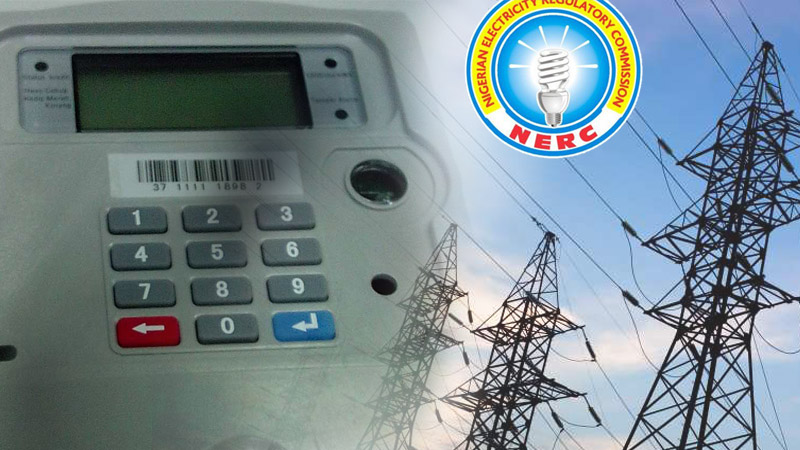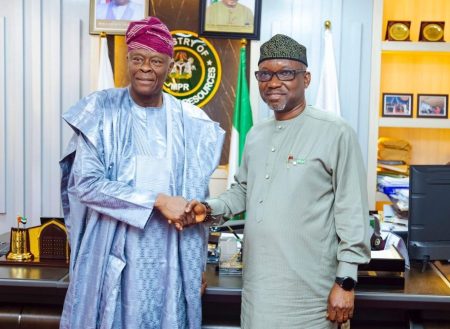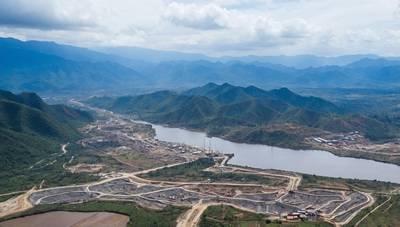
Mkpoikana Udoma
Port Harcourt — The Nigerian Electricity Regulatory Commission, NERC, has been urged to carryout equipment conditioning and operational assessments of electricity assets in the country, instead of its planned forensic audit of of electricity distribution companies.
The Institute of Chartered Economist, ICEN, who made the call explained that the private sector who invested in electricity distribution value chain inherited moribund assets, as there was no proper technical audit of these infrastructure before privatisation.
Coordinator, ICEN South South, Mr. Friday Nathaniel Udoh, said an investment can make a positive impact only when it is rightly privatized and regulated, as economic activities revolve around infrastructure services, hence the power sector when poorly regulated can hurt the economy, as such, the sector needs an innovative and incentive regulation.
Udoh explained that since a greater population of Nigerians lives below $1 a day, hence could hardly afford paying utility bills, NERC should develop pro-poor, multi-sectoral approach and policies that would enhance the sector.
He also accused the Bureau of Public Enterprise, BPE of collaboration in the skewed privatization of the country’s national assets, as seen in the case of ALSCON, and wondered why BPE ignored the technical valuation of all electricity infrastructure in the country before they were privatised.
According to him, “The Distribution Companies unavoidably inherited assets that were approaching late life and decommissioning phases, these assets were poorly maintained by the defunct Power Holding Company of Nigeria (PHCN) and could have been responsible for depletion of the operator’s budget.
Relief as electricity workers formally sign CBA with PHED
“For doctrine of necessity, a conscious assessment must be effected, across and not limiting to downstream electricity industry, for a fair view on risk disposition of the DISCO’s, carried out along the economic and technical factors to arrive at the actual economic and technical value of the assets.
“Given the time and resources constrain, for understanding the level of vulnerability of the country’s electricity health disposition for further regulatory needs and for ethical operation by the operators. I object to forensic audit in favour of equipment conditioning and operational assessments for vulnerability analysis and loss prevention assessment, at this point in time.
“A critical examination of the electricity infrastructural sales in the country shows that the exercise was skewed, against best practice that is needed for a closure of critical infrastructure sales of this nature, hence the revocation of the licenses will rather provoked the worse for the country’s economy, than correcting shortcomings that runs the conceptualization, planning and implementation, further the closures of the deal which is not limited to downstream wire network privatization program as administered by BPE.
“The pervasive management of privatization program in the country has seen the country biting more than it can chew following with protracted litigation, inactive assets or for those struggling to open for business are sub-optimally operated as in the case of electricity downstream wire network business.
“The awkwardly management of the exercise cannot be content with a reactive policies, rather a proactive one to dismantle the operational and physical barriers, created by this exercise that could, potentially, impair achieving economic efficiency requires of any reform.
“The international best practices has it that public utility contract is transacts in a manner that is characterized with transparency, fairness and openness to appropriately benefits all socio-economic environmental factors.”



